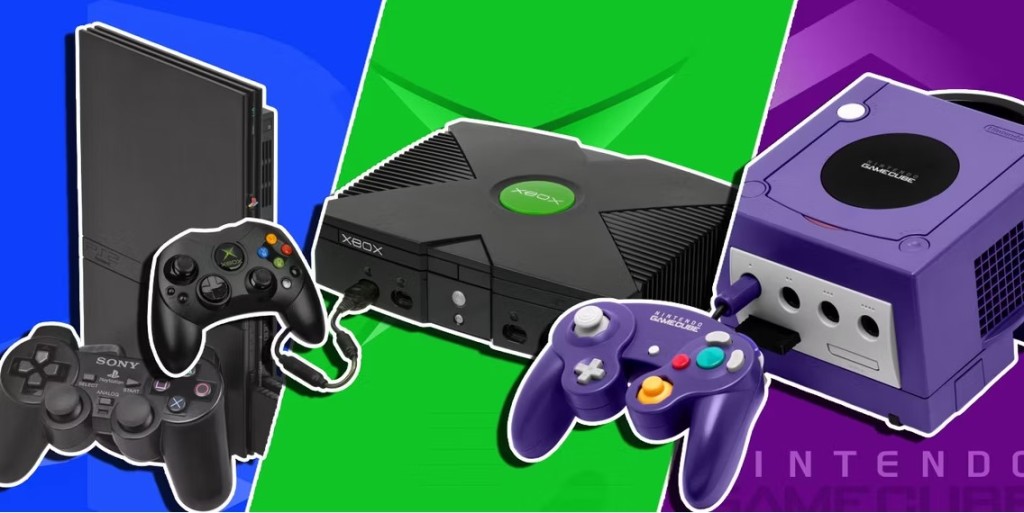Since the release of the Magnavox Odyssey in 1972, there have been millions of video games released over dozens of consoles and types of PCs. Of those millions, only roughly 13% of those games can be bought and played on modern hardware. Why is this the case? What happened to all of those games? Some have been lost to time, the cartriges forgotten in boxes in attics around the world, and the developers and publishers that made them shuttered long ago. For many others however, the companies that own the rights to many of these older or lesser known games have zero desire to re-release them. “Not worth the resources to make old games available to mass audiences,” they say. “Too little Return on Investment.” These companies are effectively holding pieces of art hostage. This is why the creators of emulators and ROMs the modern pirates of the video game industry – are needed. Indeed, as is often the case when defying the interests of shareholders, the scoundrels here are the good guys.
But wait, what *is* emulation?
For those who don’t know, emulators are programs that mimic the software of another piece of hardware. In the world of gaming, this of course means game consoles. Usually, an emulator program is installed on a capable PC, but it can be done on smartphones and even, in rare cases, on modern consoles themselves. Some version of an emulator exists for almost every major game console, from the original NES all the way up to the PlayStation 4. With the right hardware, it’s possible to have an entire collection of gaming systems and old software installed right on your hard drive.
Wait, how is that even legal?
So, this is a bit tricky. Emulators themselves are legal, as they’re technically just made into open source software – that is, software that has been made to be freely available to anyone who wishes to use it. The games you play on an emulator, called ROMs, are also legal – provided that you actually own your own copy of that ROM.
Which you do, right? We all do. You know. In case anyone asks.
Otherwise that’s, you know, piracy. Which is bad. Right?
So, why do we need emulation?
While this may sound like an odd statement, being able to go out and buy whatever piece of artistic media you want is getting harder and harder to do. Ownership, whether it be physical or digital, is becoming a subject of contention. Ever since the birth of online services like streaming and digital game stores, the concept of actually owning the piece of media you are spending your money on has become more fluid. Even if you have a game downloaded to your console’s hard drive, if a publisher decides to cut off that games’ support, you could end up losing access to something you actually bought. Don’t believe me? It’s already happened in the world of digital movies and books. Fortunately on PC, securing ownership is much easier. Most games are free of any Digital Rights Management (DRM) from publishers, and online storefronts like Steam let you go offline indefinitely and your library will stay intact.
As mentioned earlier, the main argument in favor of emulation as a means of preservation is because of just a general lack of access to most older titles. At one point not too long ago, older game consoles were relatively inexpensive, and many classic games for them were also not too hard to get ahold of. Unfortunately, this changed with the rise in popularity of game collecting, especially during Covid. Collecting old gaming hardware now has a huge price barrier for more popular consoles and titles, making physical preservation only possible for those with deep pockets, or the older crowd who somehow held onto their SNES’s and Sega’s after all these years.
While many games are indeed lost to time, many are still held onto by modern publishers. So, why not just rerelease them? Simply put, they just don’t feel like it. Admittedly, making many older games run on modern hardware can be tricky from a development standpoint (looking at you, PlayStation 3 Cell Processor). For these publishers with piles of cash though, it would be a drop in the bucket compared to the development costs involved with making brand new titles. However, because many older games would be considered too “niche” to focus on, and it’s easier to market shiny new titles to a mainstream audiences, they’d rather spend the extra money. This leaves it up to the minds behind emulators and ROMs to be the stewards of old pieces of the games medium. Here is a link to a wiki full of go-to emulators for a ton of different consoles, some of which I guarantee you’ve never even heard of. I don’t know if I mentioned this, but you know the best thing about emulators? They’re free! The talents behind developing this software aren’t doing it for profit, but because it just needs to be doe for the good of preservation.
Art should never be withheld for the profits of shareholders. When it comes to preserving art in any medium for all to experience, the pirates are the good guys.

Leave a comment